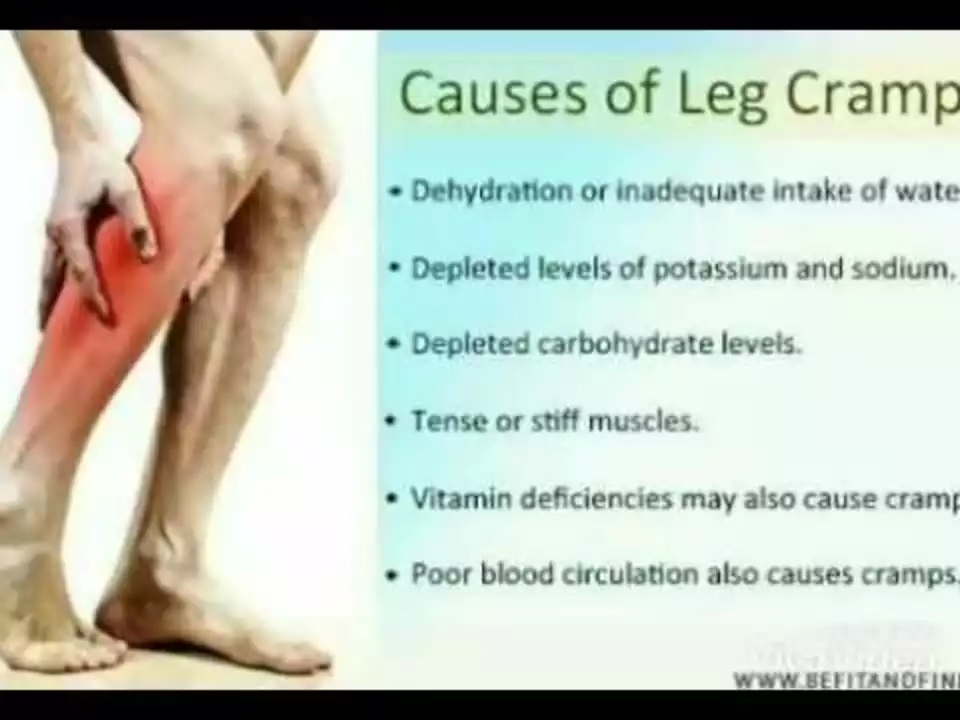Dehydration: How to Spot It and Protect Your Health
You probably think dehydration only hits when you're stuck under the summer sun or after a workout, right? The truth is, dehydration can sneak up in lots of everyday situations—even inside your own home. If you've ever felt lethargic or had a pounding headache without a clear reason, you might have been mildly dehydrated and missed the signs.
When your body doesn't have enough fluids, everything from your mood to your thinking can slow down. Common symptoms include dry mouth, feeling tired, dizziness, dark yellow pee, or muscle cramps. If you've noticed any of these, your body might be waving a red flag for water.
People often forget that dehydration isn’t just about being thirsty. By the time thirst kicks in, you're already on your way to being dehydrated. Other warning signs? Less frequent bathroom trips, headaches, and even trouble concentrating. Kids and older adults are especially at risk, since they sometimes don’t recognize thirst as quickly as others.
Real stories from hospitals show how quickly things can go wrong—especially for folks dealing with illnesses, vomiting, or diarrhea. Just a day or two of not drinking enough can mean trouble. Even prescription medications or health conditions like diabetes make dehydration more of a risk. If you or someone you know has a health issue, pay even closer attention to those signals.
Drinks with caffeine or lots of sugar might actually make things worse. Sports drinks? They help in heavy sweating, but for regular folks going about daily life, plain water does the trick. And yes, food counts too—fruits and veggies like cucumbers or watermelon help boost your fluid intake.
How much should you drink daily? The classic “eight glasses” rule works for many, but your needs can jump if it’s hot, you’re active, or you’re not feeling well. Try sipping water throughout the day rather than gulping huge amounts at once. If you’re on medication, check with your doctor for personalized advice.
Skipping out on fluids is riskier than most admit. Sometimes people avoid drinking because they don’t want to use the restroom often or fear bladder leaks. But cutting water is never the answer. For those with busy days or who forget, keeping a water bottle handy—and actually using it—makes a difference.
Spotting early signs of dehydration and acting quickly keeps things from spiraling. If things get worse—confusion, rapid heartbeat, or fainting—it’s time to seek help, not just chug a bottle of water. When in doubt, reach out to a healthcare provider for the best move.
Staying on top of hydration really is one of the simplest ways to avoid feeling run-down and stay healthy. Watch for changes, listen to your body, and keep water within reach—these small habits are your best defense.
Hiccups and Dehydration: Is There a Connection?
As a blogger, I recently came across an interesting topic that caught my attention - the connection between hiccups and dehydration. It turns out that hiccups can actually be a sign of dehydration, as the body tries to conserve water by limiting diaphragm movement. Drinking water can help alleviate hiccups and rehydrate the body. However, it's important to note that hiccups can also be caused by other factors, so it's always a good idea to consult a healthcare professional if they persist. In conclusion, staying hydrated is not only essential for overall health, but it may also help in preventing those pesky hiccups.
